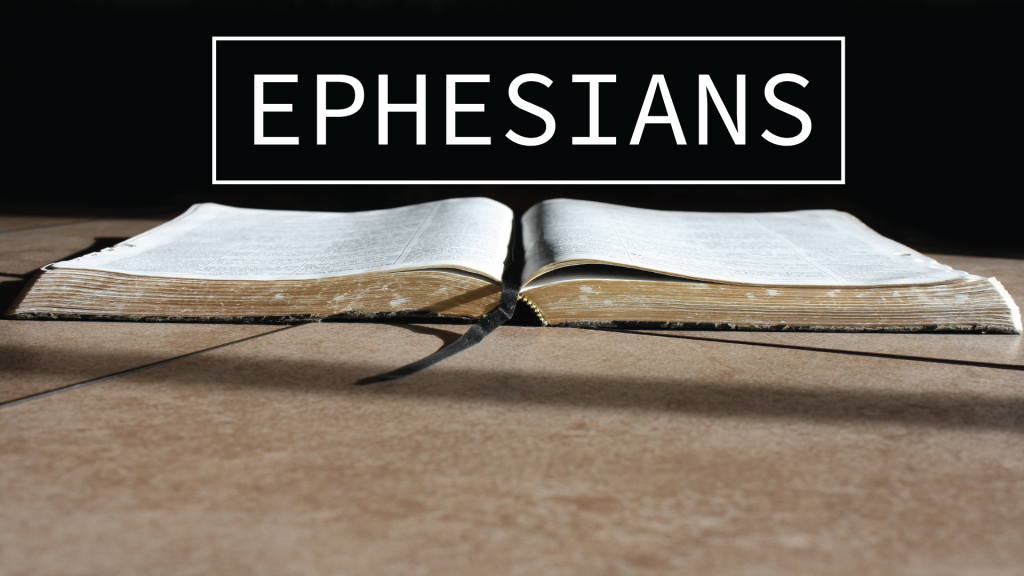
Ephesians 4:25
“Therefore each of you must put off falsehood and speak truthfully to his neighbour, for we are all members of one body.”
In the previous section, Paul talked about putting away our old nature and putting on the new nature in Christ. We are ”created to be like God in true righteousness and holiness.” He gives specific instruction in how the new nature should replace the old.
in this verse, he addresses the issue of truth and falsehood.
we are to put off falsehood and speak truthfully to our neighbours.
Some translations use the word lying here, but the idea is broader than that. Yes, we are to put away deliberate lies, but there are many ways to deceive, and all of them are opposed to God.
deception is any attempt to cause someone to believe something that is not true. That includes lies ( whether “black” or “white” lies), omissions or half-truths, using words in such a way as to make a seem better than we really are.
we must always speak truthfully to our neighbour, even if it seems difficult or costly.
we are followers of Jesus who called himself “ the Way, the Truth, and the Life.” Therefore, we are committed to truth-telling by virtue of the nature and authority of Christ.
our culture is sometimes described as post-truth, that is sceptical or indifferent about issues about truth and falsehood. The argument is that there is no objective test of truth, and it is an obsolete concept.
Regardless of whether you seek truth or deny truth, the law of gravity still operates regardless of your opinion. It can be fatal to ignore some truths.
the Nazi propagandist Goebbels is credited with the statement that any lie repeated often enough becomes true. In our age of information saturation, people lack time or desire to investigate the veracity of political and commercial claims, and so blatant lies tend to become accepted as true.
we are not to live in this cynical way. We must remove all forms of deception and seek to be people of truth.
Paul now gives the reason for this as “ we are all members of one body.” This then raises the question “who is my neighbour?”
It might seem that Paul is limiting his definition of neighbour to fellow Christians. We have a duty to our Christian brothers and sisters to walk in honesty. Deception is about taking advantage of other people for our own game.
we must not use deception or falsehood in anyway in connection with the Christian family.
but Paul does not generally use the word neighbour to describe Christians. Jesus made it clear that to love our neighbour is to love everyone that we might interact with.
if we adopt this definition of neighbour, then Paul's command here is open-ended. We must deal truthfully with everyone and not just our fellow christians.
in all of our business dealings, our family relationships, our friendships and so on, we must always speak truthfully.
this can be painful when we are filling in tax forms or don't have enough cash to pay for items at a stall with an honesty box. It becomes very costly when we break the law and and are not caught.
paul relates this commitment to truth in all situations to being a part of the Body of believers. God’s people are people of truth. Together we follow Christ, and He requires us to walk in truth. If one part of the Body is tainted by falsehood then the whole body is weakened.
key points in this verse:
-
We are to put off falsehood
-
we must speak the truth, the whole truth, and nothing but the truth.
-
this commandment flows from the nature of Christ
-
we have speak the truth always, not just within the church